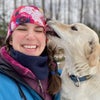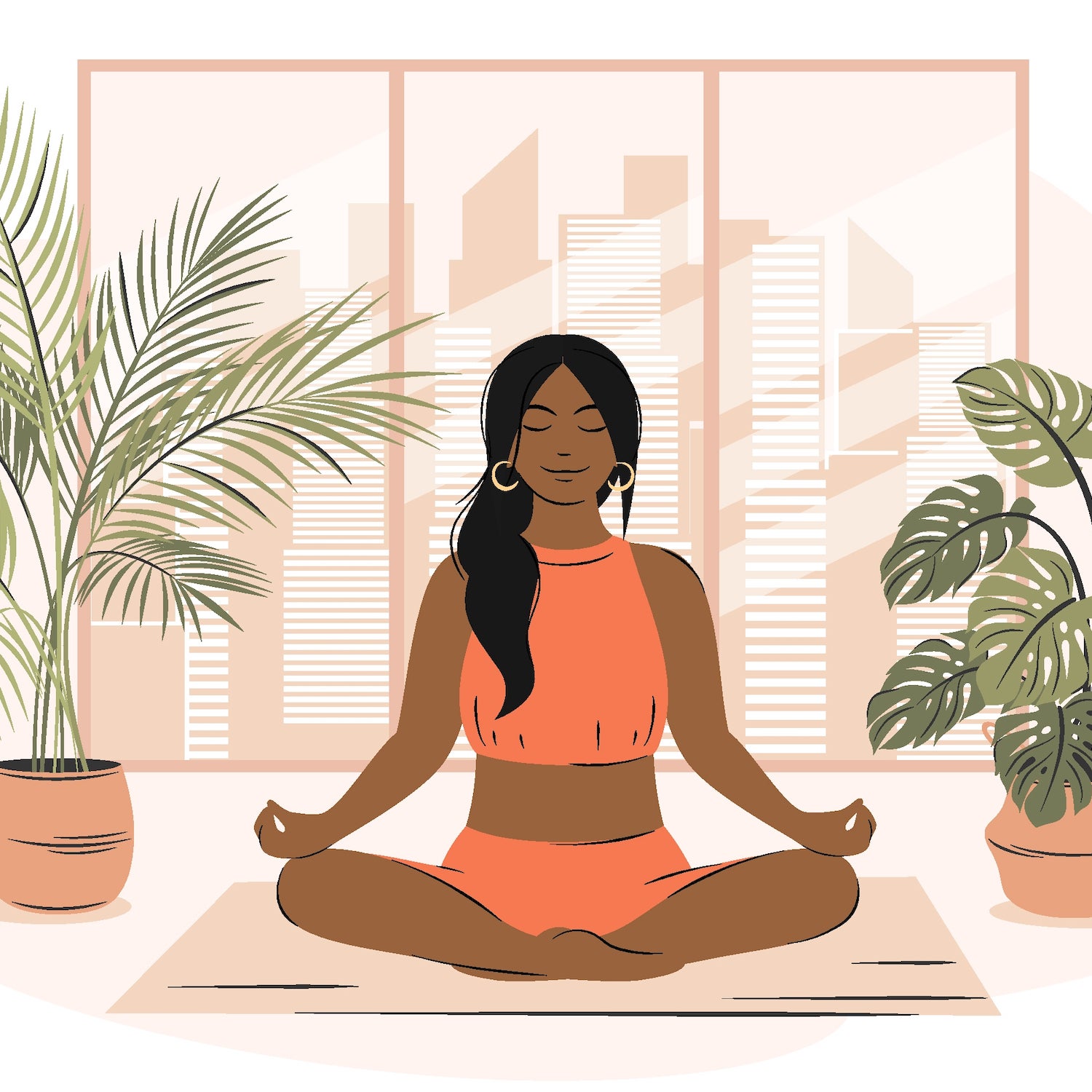Welcome to Tough Love. We窶决e answering your questions about dating, breakups, and everything in between. Our advice giver is Blair Braverman, dogsled racer and author of and . Have a question of your own? Write to us atツtoughlove@outsideinc.com.
When you have always been an athlete, how do you truly rest and recover? I’m one of those people who has always been busy, always a perfectionist, and almost always fit via martial arts and other sports. It’s a core part of my identity as a tough woman. I recently got shoulder surgery for an old injury, and recovery is slower than I would prefer. But more than that, it feels like the rest of my body is finding ways to get other injuries or become sick in a snowball effect. What do you do when the mind wants to heal but the body has other ideas?
I窶冦 a dogsledder, and people always think I have to teach my dogs how to pull. In fact, that窶冱 something they do naturally; from the moment they can toddle around, they want to explore, and as they get older, that drive only grows stronger. From the first day I put a harness on them, they pull as if they窶况e been pulling for years; every instinct in their body is telling them to go, go, go. In fact, the hardest thing I have to teach them窶蚤nd also the most important窶琶s how toツrest, especially when it窶冱 the last thing in the world they feel like doing. Rest is boring. It feels to them like a lost opportunity, when there窶冱 so much out in the world they could see and do. Which is to say that not only do I relate to your question myself, but I窶况e seen variations of it play out many, many times窶琶n dogs, sure, but are dogs really so different from us?
For the dogs, rest is something they learn over time, through practice and experience. We make them straw beds when we窶决e camping by the trail, and eventually they realize that a pile of straw means it窶冱 time to lie down and wait. In a few hours, or the next day, it will be time to run again. The cycle repeats over and over.
I don窶冲 know if the dogs realize that proper rest is the thing thatツallows them to feel good while they窶决e moving, and to travel as far as they do. But I think the routine窶杯he cycle窶把omforts them. They窶决e OK with resting, they窶决e able to tolerate it, because they know that the running will come again. As long as the running will come, it窶冱 all good.
Remind yourself, as often as you need to, that the running窶杯hat is, returning to the sports you love窶背ill come. It might look different in the future than it has in the past, depending on if you need to adapt to changes in your body, but you’re not going to be in this particular recovery phase forever.ツAnd the running won窶冲 come in spite of your rest time, butツbecauseツof it.
Of course, you have to get through the frustration of resting in the meantime. If you haven窶冲 already, talk to your doctor about what youツcanツdo, and also your concerns about new problems that are cropping up. Then take full advantage of whatever activities are doctor-approved, and that are comfortable for you at the moment. For instance, if you can窶冲 do martial arts because of your shoulder, are you able to do activities that put less stress on it? Could you go hiking? Cycling? Try something new, like dance (with modifications to account for your injury)? You may not love these activities as much as your normal sports, but if you remember that this is temporary, and set new goals for yourself, it can still feed that part of your brain窶蚤nd your body窶杯hat you love challenging as an athlete. And even if you窶决e not working the same muscles as usual, you窶冤l still be moving your body in ways that feel good.
Another aspect of dogsledding that窶冱 relevant here is that it窶冱 seasonal: we mush in the winter, and not in the summer, which means we spend half the year waiting for snow to come back. One of my favorite summer activities is working on projects that I can use the next winter, like sewing fur mittens or repairing equipment. Is there anything that you can work on now that will help you once you窶决e more recovered? Anything you窶况e been wanting to try, but never have, and that you could physically handle at the moment? Could you stay involved and give back to your sports in other ways, like by mentoring less experienced athletes? These things will help pass the time, sure, but they窶冤l also help you be in a better place once you’re more recovered.
Lastly, I want to talk about your being a tough woman. It sounds like you have an incredible amount of energy, motivation, and commitment. If you窶决e the kind of person who doesn窶冲 let obstacles get in your way, it can be a huge challenge to put that same willpower toward letting an obstacle stop you窶俳r at least, letting it slow you down for a while, even though slowing down goes against all your instincts. But toughness doesn’t just mean challenging yourself in sports, or having big adventures; it also means having the courage to make changes, and to take care of yourself, even when it’s really hard. Toughness can take the form of patience, or acceptance, or hope. That means your toughness isn’t on hold while you’re resting; it’s more important than ever right now. It窶冱 gotten you through everything else, and it窶冱 going to get you through this, too.


